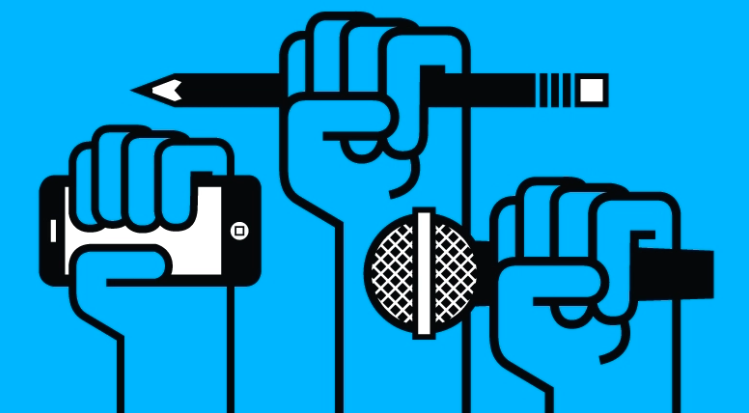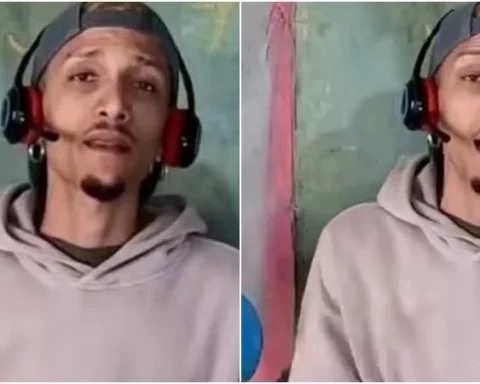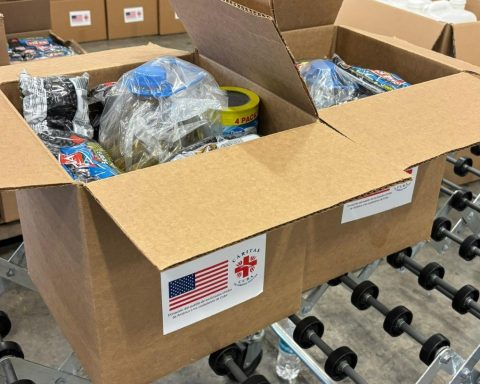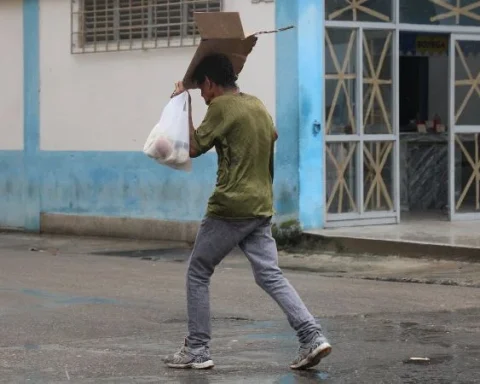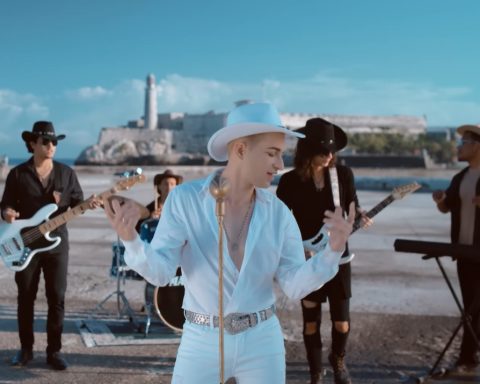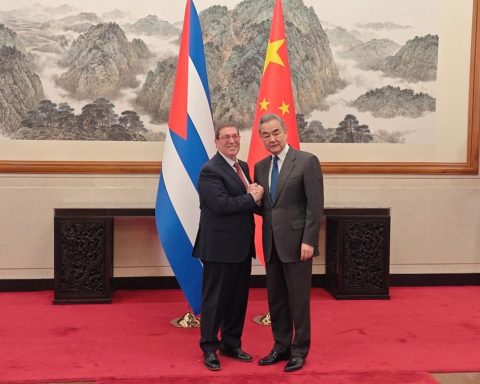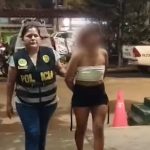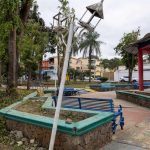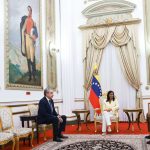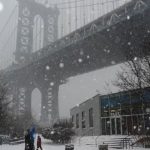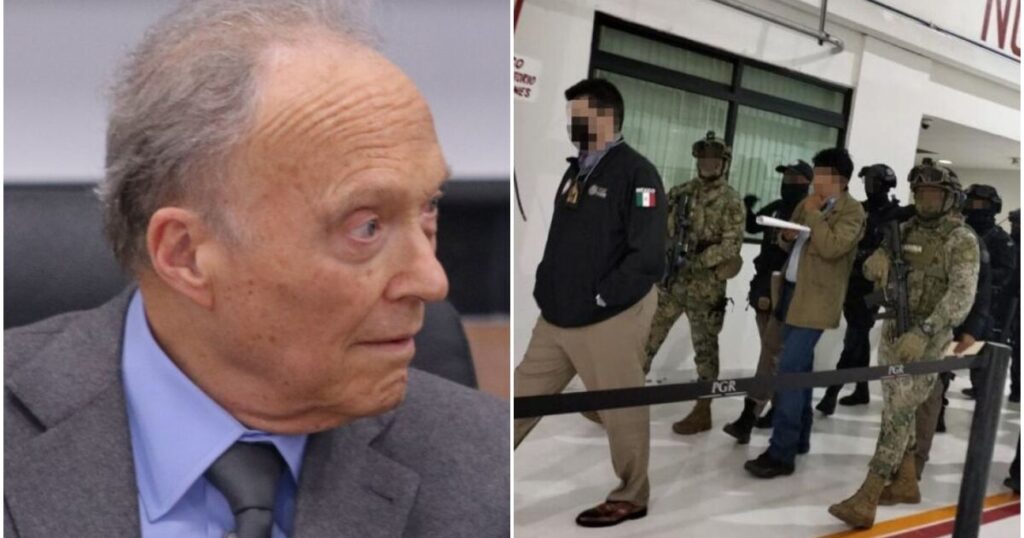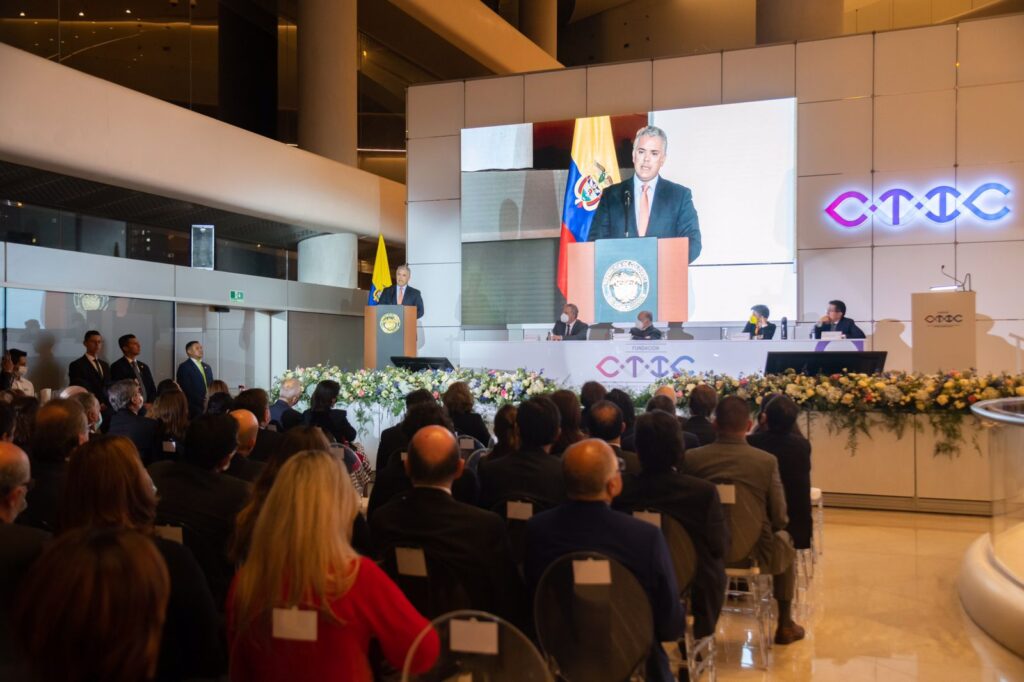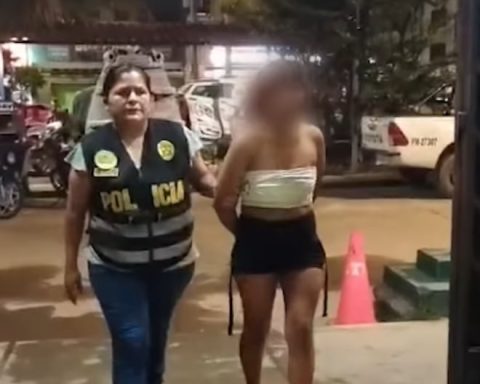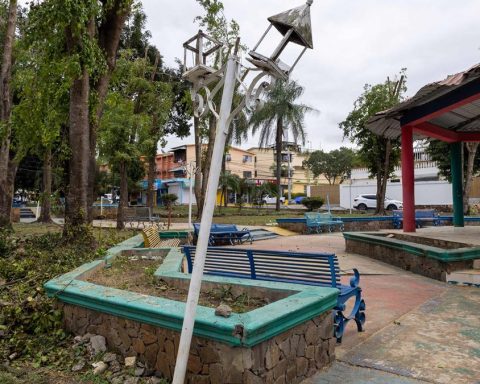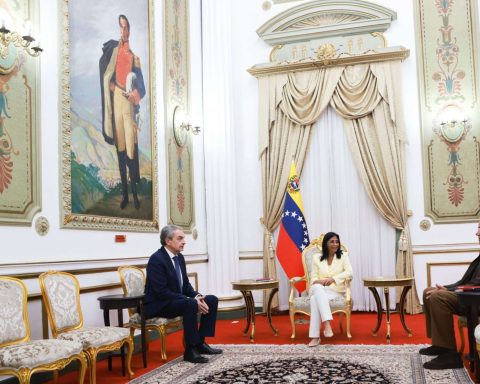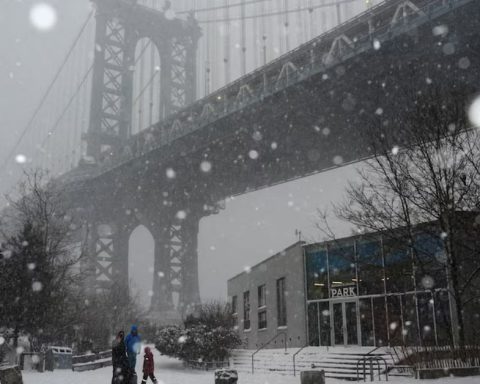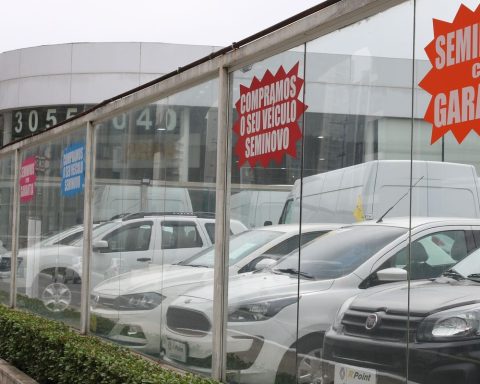HAVANA, Cuba.- In recent days, the official Union of Journalists of Cuba (UPEC) held the VIII Plenary Session of its National Committee, in which, among other issues, they discussed what they consider “the advance in the transformation of our press. Likewise, the occasion was propitious for the convening of the XI Congress of that organization, which will take place in July 2023.
Both in the appeal contained in the summons to the XI Congress, as well as in the speech delivered in plenary session by Rogelio Polanco, head of the Ideological Department of the Central Committee of the Communist Party, the existence of a fence that must be broken by Cuban journalists was mentioned. in order to effectively carry out their work.
As is logical to suppose, the members of this official organization, like Mr. Polanco, consider that there is “a mediatic and fierce siege of the enemies of the Cuban Revolution, that nothing has been able to face their courage and resistance, and it is up to us to assume the defense of the Revolution with professionalism and efficiency.”
Of course, that “enemy press” that Castroism prides itself on fighting is the one that promotes the free flow of information, the same one that the machinery of power tries to hide or misrepresent from ordinary Cubans.
So we have to accept that, effectively, we are in the presence of a media blockade that Cuban journalists must break. It is the siege imposed by the island’s authorities, who maintain taboo topics for the press; that journalists are denied access to sources of information; and that they have established official stereotypes that cannot be violated, such as considerations of the US “blockade” (embargo), or the “Russian military action in Ukraine”, not to call it aggression.
These days, with great fanfare, the official media refer to the preliminary draft of the Social Communication Law as a mechanism that will enable the much-vaunted transformation of the Cuban press. As one of the most exalted aspects of the Law is the one concerning the dangerous relationship between the sources and the journalists. According to the official discourse, from now on the latter will have greater access to the former. We’ll see if reality behaves that way. It would not be the first time that Castroism violates its own laws.
At the moment we have an example that indicates that the regime does not relinquish control over journalists. It is about the inclusion of the specialty of Journalism in the University College. A total of 60 previously selected young people are studying the last year of pre-university education at the Faculty of Journalism of the University of Havana.
These boys, who are already guaranteed a career in Journalism without taking entrance exams to Higher Education, are receiving intensive and special preparation so that they do not have difficulties in their transit through the Alma Mater. But, above all, they also receive abundant political-ideological indoctrination to be trained as press professionals that Castroism needs.
The importance that the regime gives to the preparation of these future journalists is manifested in the fact that Journalism is the first specialty of the social sciences that is incorporated into this experiment of the University College. Previously, only the exact sciences, such as Mathematics, Physics and Chemistry, were included in it.
These students, of course, will be taught that the fence to break is the one mentioned by UPEC and Mr. Polanco. And not even a word about the siege imposed by the island’s leaders.
OPINION ARTICLE
The opinions expressed in this article are the sole responsibility of the issuer and do not necessarily represent the opinion of CubaNet.
Receive information from CubaNet on your cell phone through WhatsApp. Send us a message with the word “CUBA” on the phone +1 (786) 316-2072, You can also subscribe to our electronic newsletter by giving click here.
